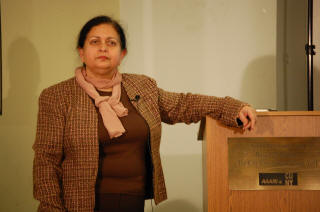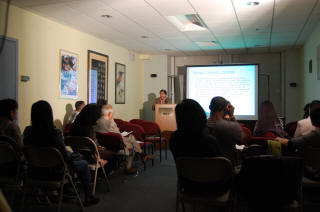
Though Asian Indians are typically thought of as a “model minority”, not much is known about the school experiences of their children. Positive stereotyping of these immigrants and their children often masks educational needs and issues, creates class divides within the Indian-American community, and triggers stress for many Asian Indian students. In her new book, Prof. Rupam Saran examines second generation (America-born) and 1.5 generation (foreign-born) Asian Indians as they try to balance peer culture, home life and academics. It explores how, through the acculturation process, these children either take advantage of this positive stereotype or refute their stereotyped ethnic image and move to downward mobility.

Focusing on migrant experiences of the Indian diasporas in the United States, this volume brings attention to highly motivated Asian Indian students who are overlooked because of their cultural dispositions and outlooks on schooling, and those students who are more likely to underachieve. Prof. Saran highlights the assimilation of Asian Indian students in mainstream society and their understandings of Americanization, social inequality, diversity and multiculturalism.

